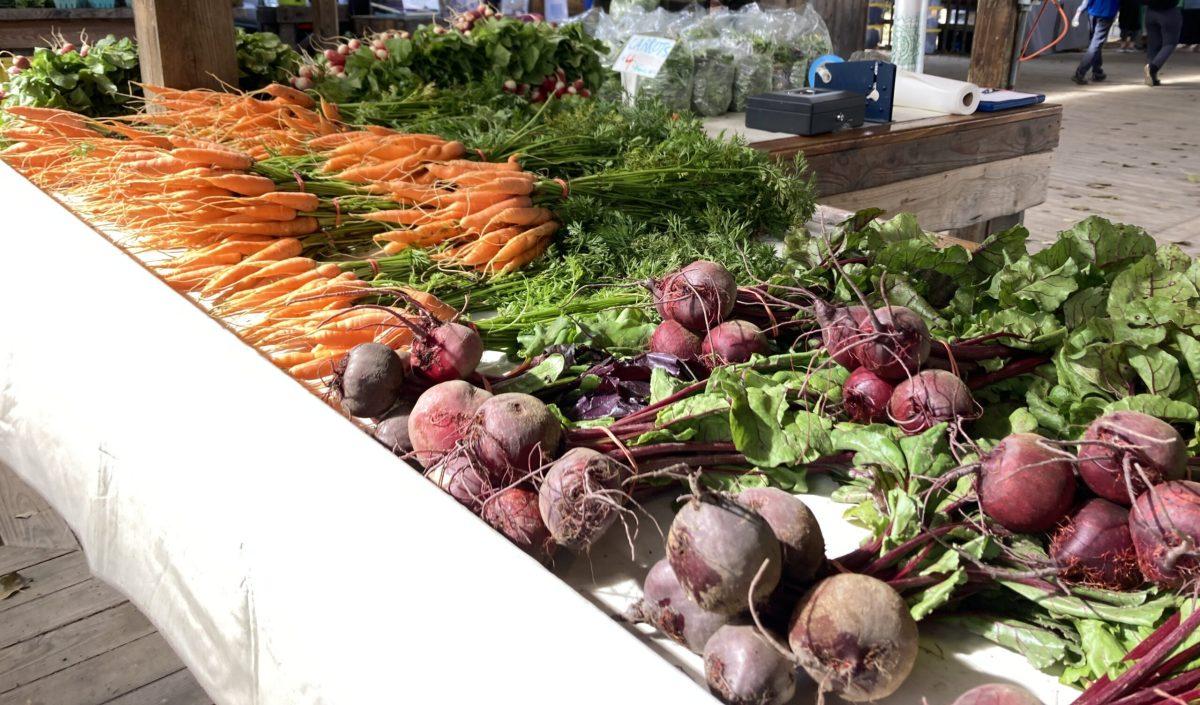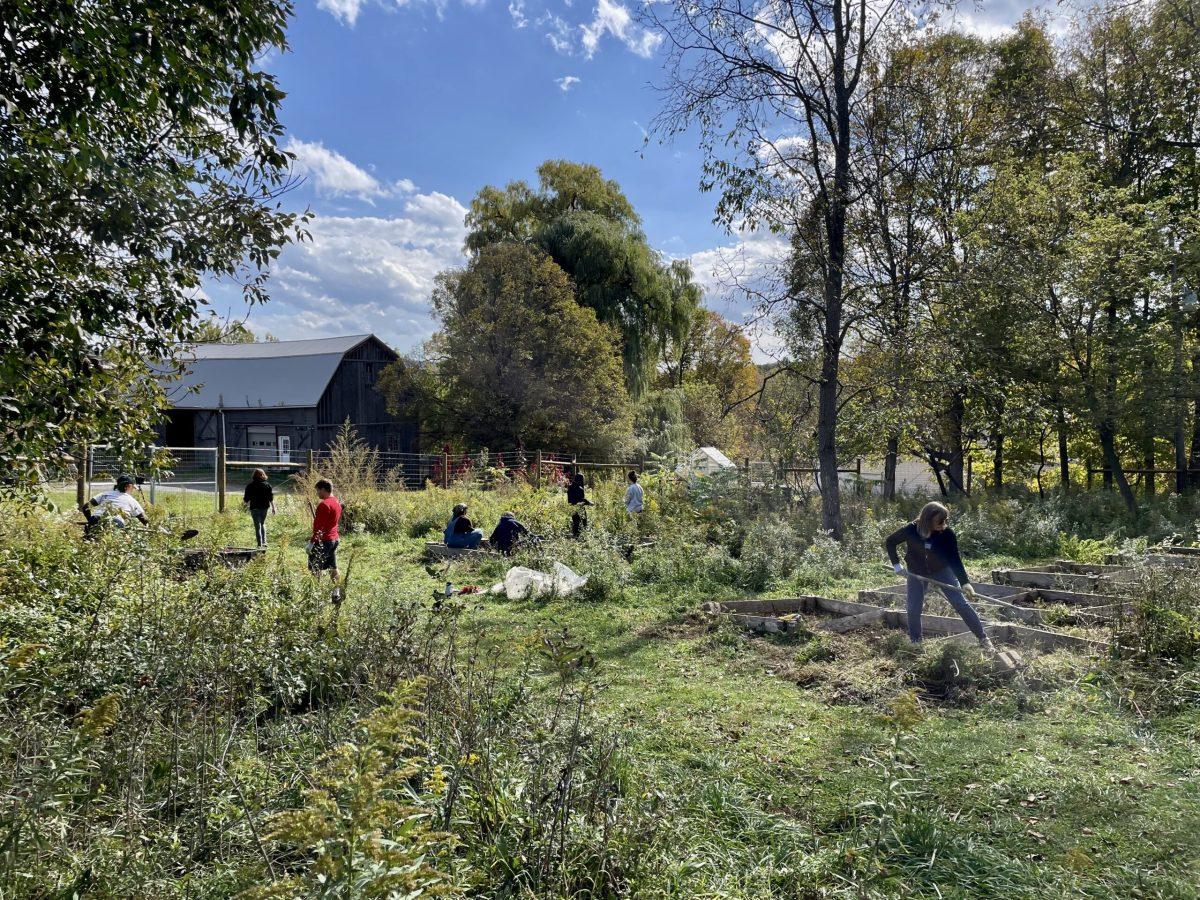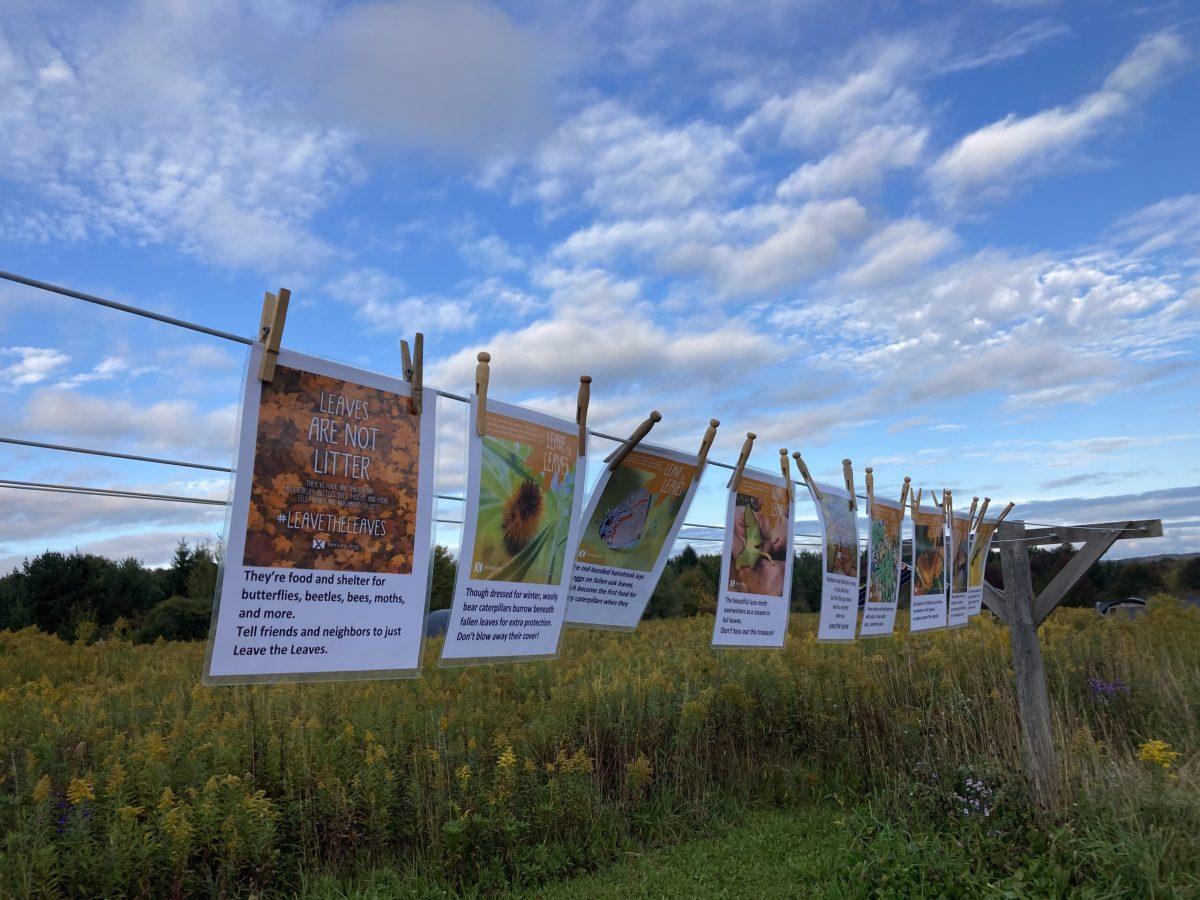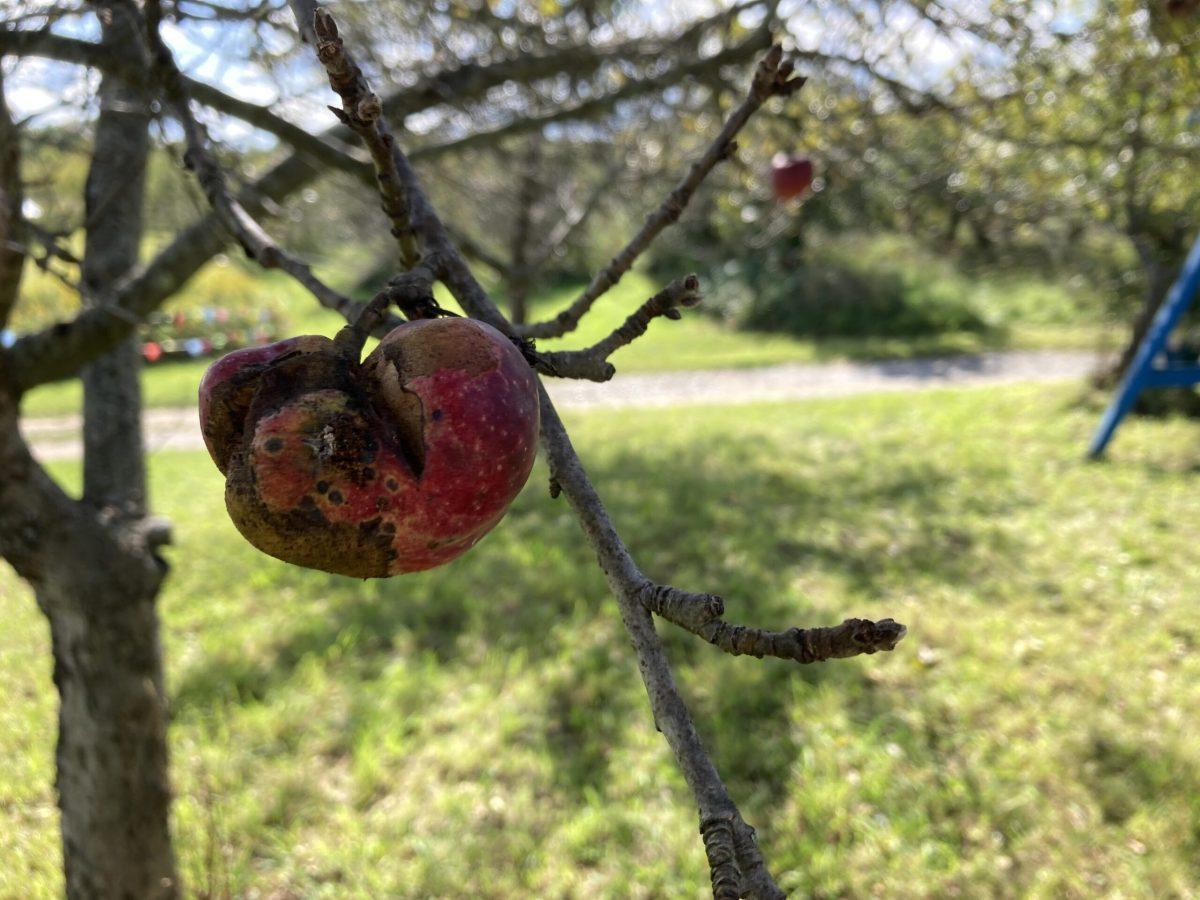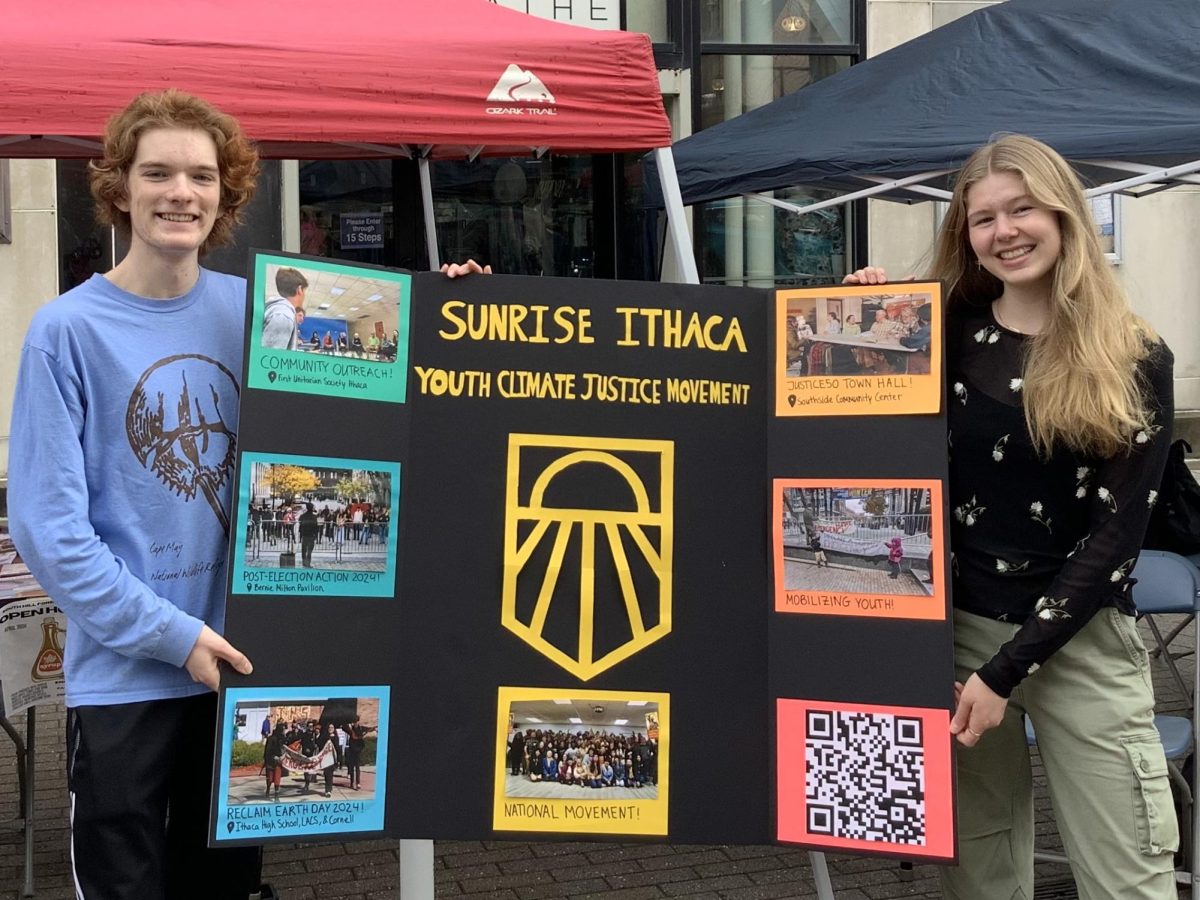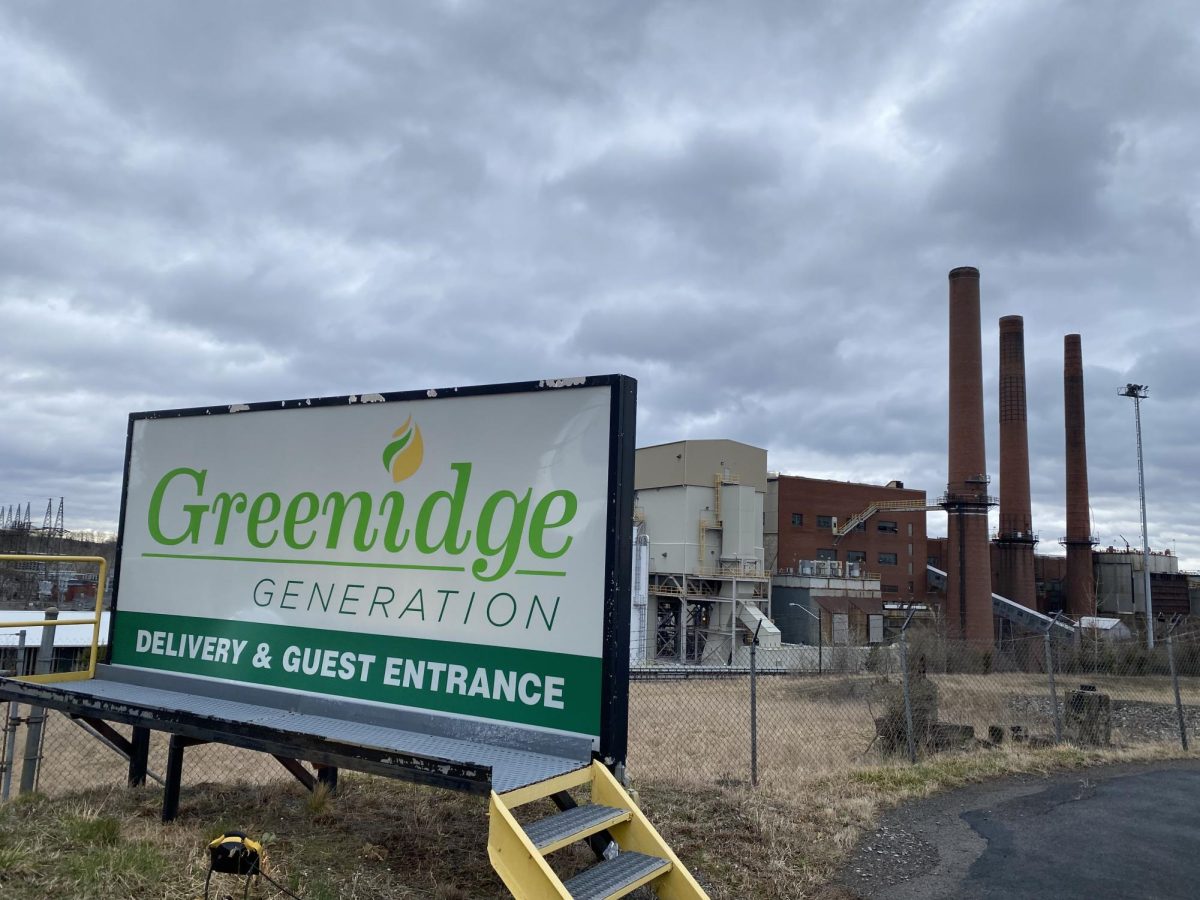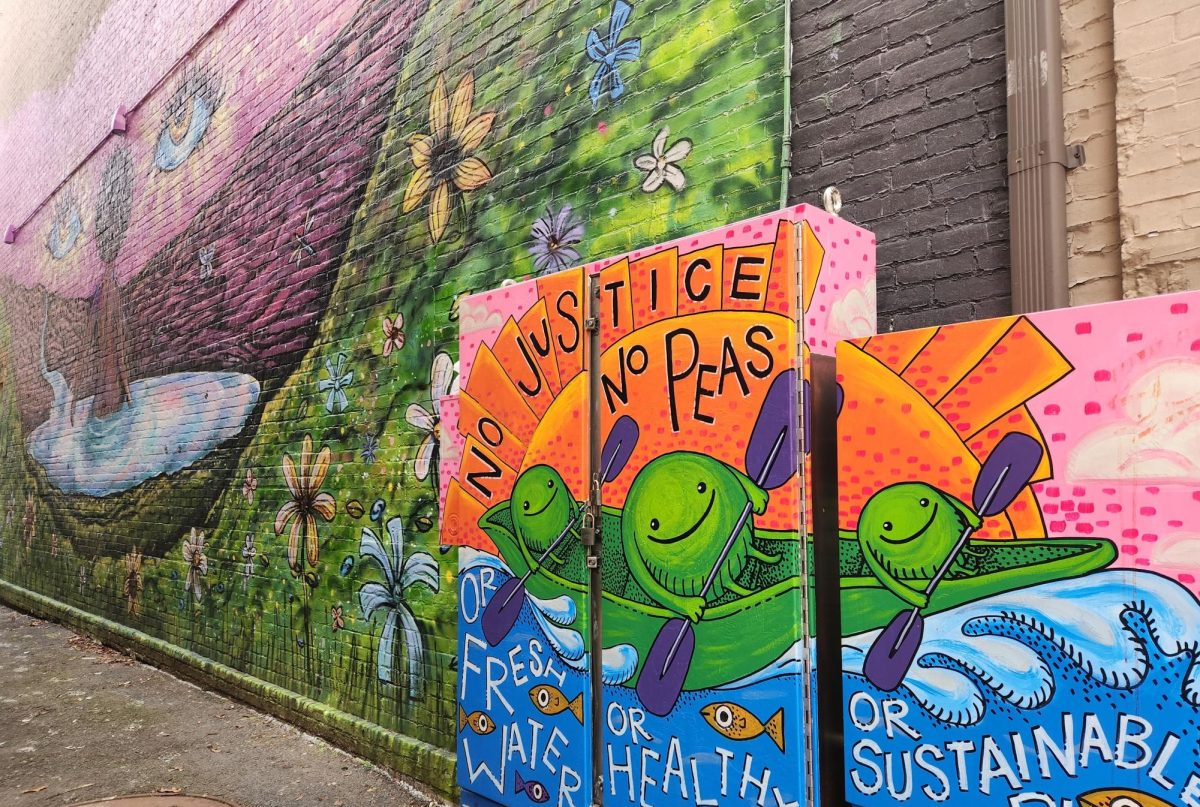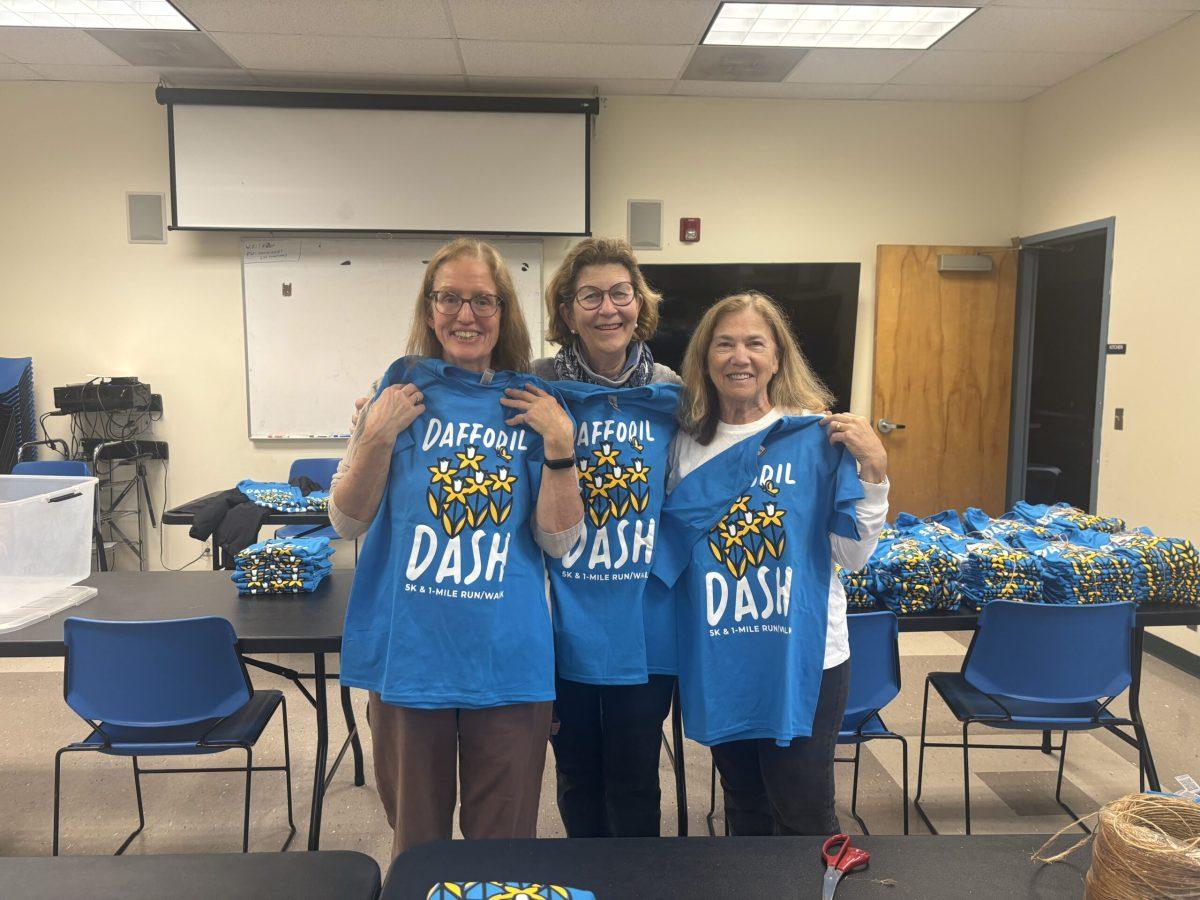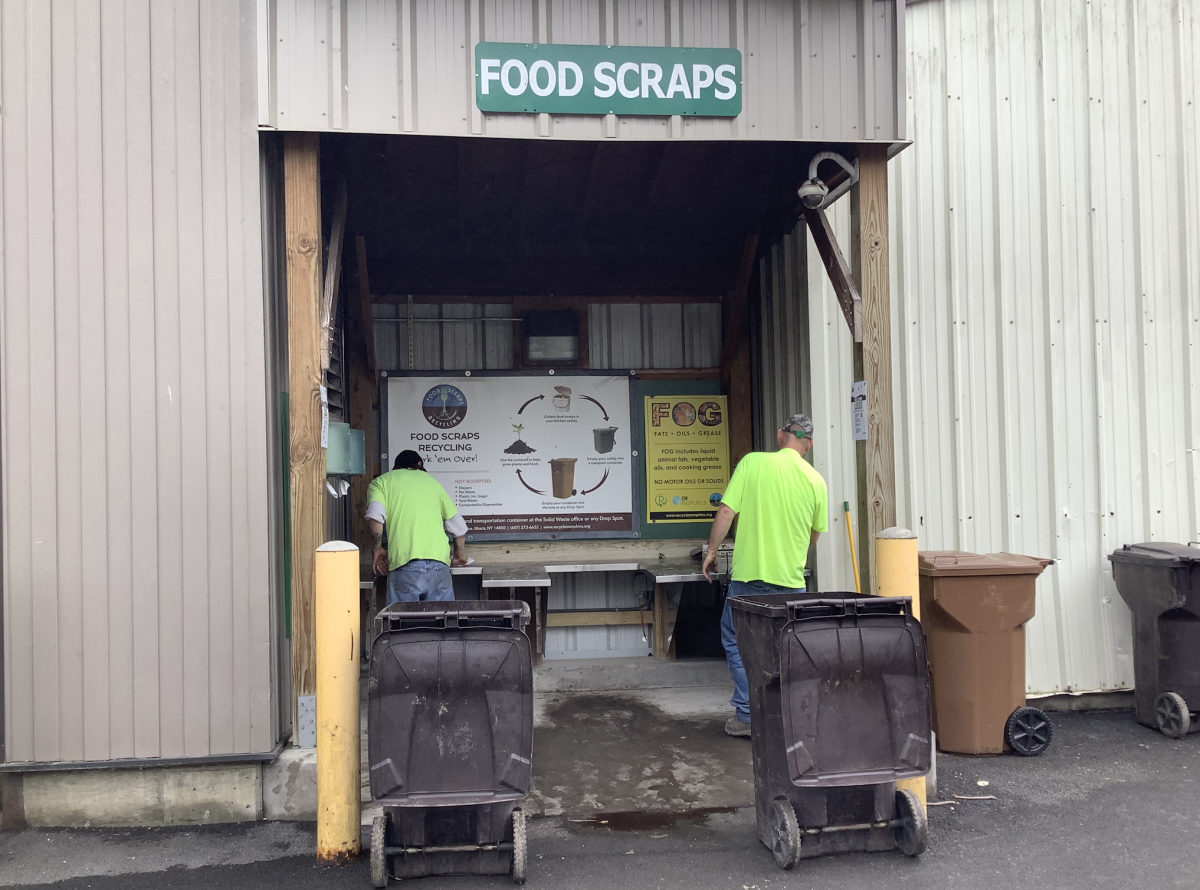The Agriculture Council of America designated March 19 National Ag Day this year, with a theme of “Agriculture: Growing a Climate for Tomorrow”. The holiday highlights the significance of agriculture in daily life with an emphasis on sustainability.
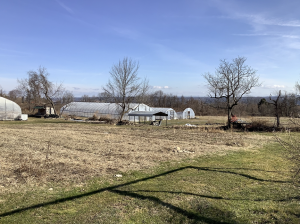
Located at 100 Rachel Carson Way, Groundswell Center for Local Food & Farming is a nonprofit organization supporting local food systems by educating and providing resources to farmers of all levels.
The various programs address farming techniques, business and financial planning, and food justice. Similar initiatives of sustainability and inclusivity are detailed in the Tompkins County Food System Plan.
“We offer different types of support for people who want to connect to the land and connect to farming. We also prioritize people of color, people with disadvantaged backgrounds, and try to diversify and promote equity in the food system,” said Executive Director Juliana Quaresma.
The Incubator Farm
The Incubator Farm, a hands-on Groundswell project, provides beginner Finger Lakes farmers with access to land and equipment to learn about organic farming. This experience can help build a resume that leads to farming loans or grants.
Farm manager Yao Foli considers the program Groundwell’s greatest contribution to local food systems and sustainable agriculture.
“Organic management simply means the absence of chemicals in all your operations, from soil building to harvesting,” Foli explained. “I make sure the farm is tidy and I work with a curriculum we designed together to also educate our students on why we chose organic management systems.”
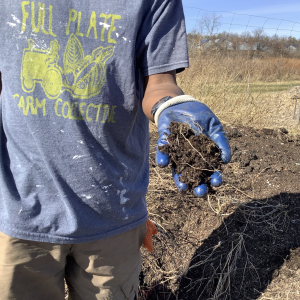
Instead of chemical fertilizers and pesticides, Foli focuses on soil health through the use of compost, mulching, and cover cropping. He also promotes biological control like scaling — planting flowers to promote beneficial insects and birds.
“That is where one of our major strengths is when we work with new students,” he said. “For them to understand that nature, on its own, is a symbiosis with all other elements and can grow healthy food for all.”
Growing equity
Beyond education, the program also addresses issues with land access, a significant barrier for marginalized farmers throughout the United States and locally. Quaresma said that the Finger Lakes region reflects national statistics: more than 95% of people that own land are white, a result of historical actions against BIPOC and indigenous people.
In addition to providing their own land to novice farmers, Groundswell partners with organizations like American Farmland Trust to increase land access.
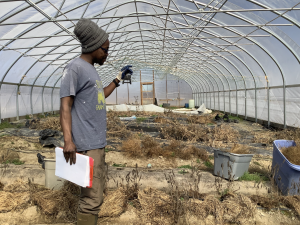
“We also discuss community land access opportunities where maybe some landowners would be interested and keep their land in farming or transfer their land to farming,” said Quaresma. “There is a big loss . . . due to real estate development and that also affects our food system.”
Quaresma and Foli agreed that Incubator farmers often redistribute their harvest to their families and communities, making healthy food accessible to susceptible communities. With “Healthy Food for All” being a core tenant of GroundsWell’s ethos, this helps fight food insecurity and strengthens producer-consumer relationships — both crucial components to repairing the local food systems.
“Some of the farmers . . . sell to the local restaurants. [Foli] knows some restaurants in the community; I know others . . . catering businesses also place orders [with farmers],” said Quaresma.
Foli echoed this, adding, “it’s beautiful how restaurants here in Ithaca . . . focus on local vegetables. It’s another way of strengthening local farmers. It’s like, we are ready to buy whatever you are growing because the way you are growing it . . . Thank you, Ithaca community, for standing for food justice.”



